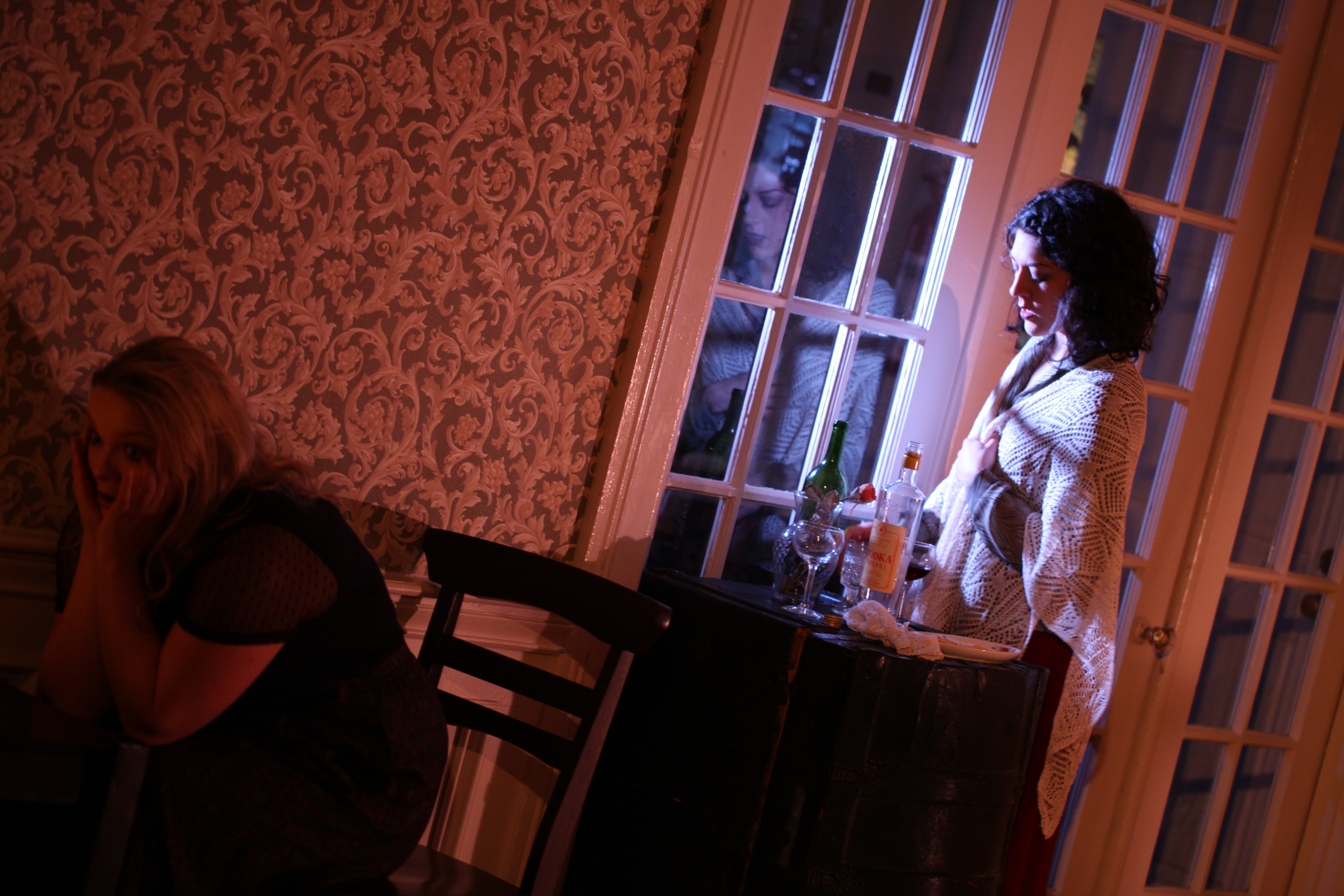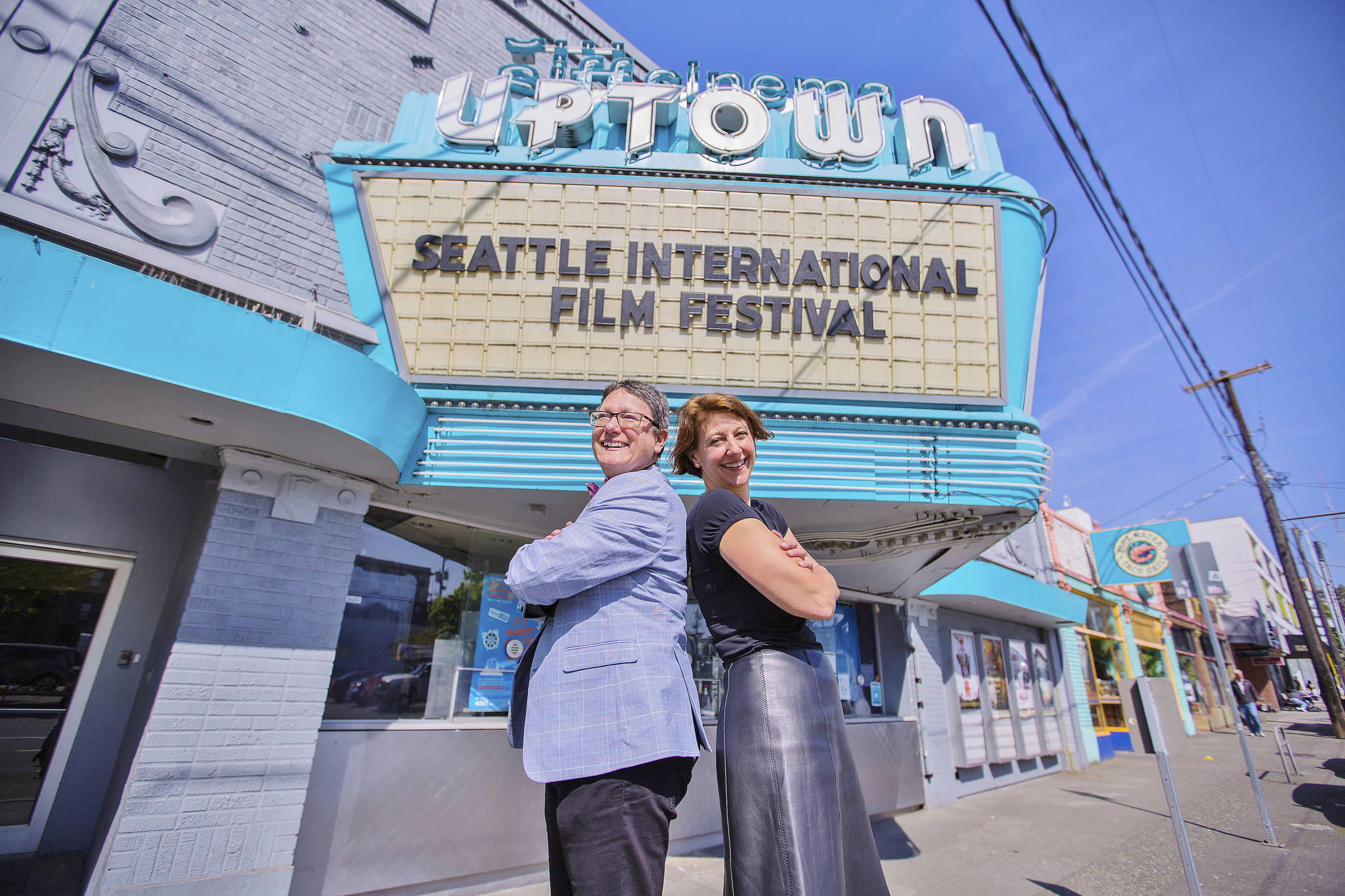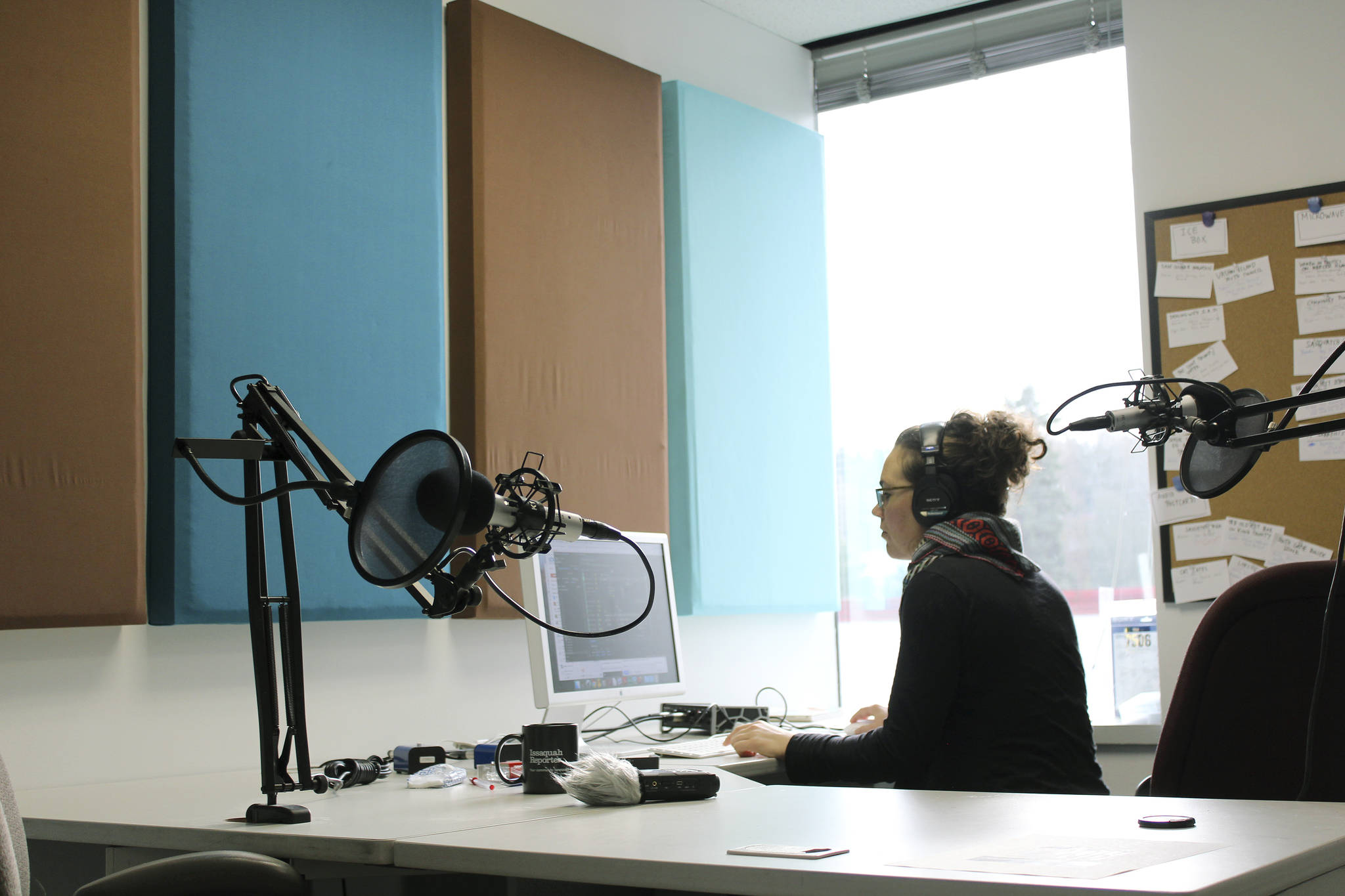Uncle Vanya
Garden House, 2336 15th Ave. S., 800-838-3006, akropolisperformancelab.com. $15–$22. 8 p.m. Wed.–Sat., 4 p.m. Sun. Ends April 5.
The first thing you notice about Akropolis Performance Lab’s Uncle Vanya is the sheer physicality of its Vanya, played by Joseph Lavy.
Anton Chekhov’s 1897 play, fittingly staged in the parlor of Beacon Hill’s Garden House, opens with Vanya, shirt sleeves rolled up, dragging much of the set over his shoulder. As the ensemble cast sings the first of the production’s many powerful Russian choral arrangements, Vanya unloads his burden, literally setting the first scene for this fin-de-siecle family drama. It’s a fitting image, and not just because Lavy—who also directs the production—manages to carry the two-and-a-half-hour play almost entirely on his own. Truly, Uncle Vanya is a play about labor.
Vanya has spent his life working the fields of his late sister’s country estate, pulling the property out of debt with the help of his niece Sonya (Margaretta Campagna) and supporting the professorial career of his brother-in-law, Serebryakov (Scott Maddock). The story begins shortly after the latter, crippled by a lack of money, recognition, and youth, moves from the city to the country estate, joined by his alluring, and endlessly bored, young second wife Elena (Samantha Routh).
It is the introduction of the couple’s idleness, both dependent on Vanya’s labor yet despising it, that sets the family and their neighbors on edge, exposing deep-seated unhappiness in just about everybody and eventually leading to gunshots and lots of wailing.
But back to Lavy’s Vanya. It is tempting to imagine Vanya as a man worn down by village life, too old at 47 to win the affections of 27-year-old Elena, but he explodes with angst and athleticism. He’s a man with unquenchable passion and belligerent rage at a life wasted. When he says he could’ve been an equal to Schopenhauer or Dostoevsky, it’s without the usual pathos of the role; the claim doesn’t appear extravagant. Next to Lavy, the rest of the cast seems cardboard, still fumbling toward the contours of their characters’ individual miseries. The one exception is Carter Rodriquez, who plays the drunken country doctor Astrov with a lucid nonchalance that perfectly counters Lavy’s intensity. When the two tangle in drunken revelry, it’s a delightful moment of lightness before the eventual darkness descends.
mbaumgarten@seattleweekly.com








